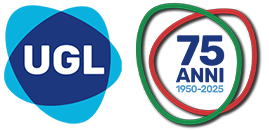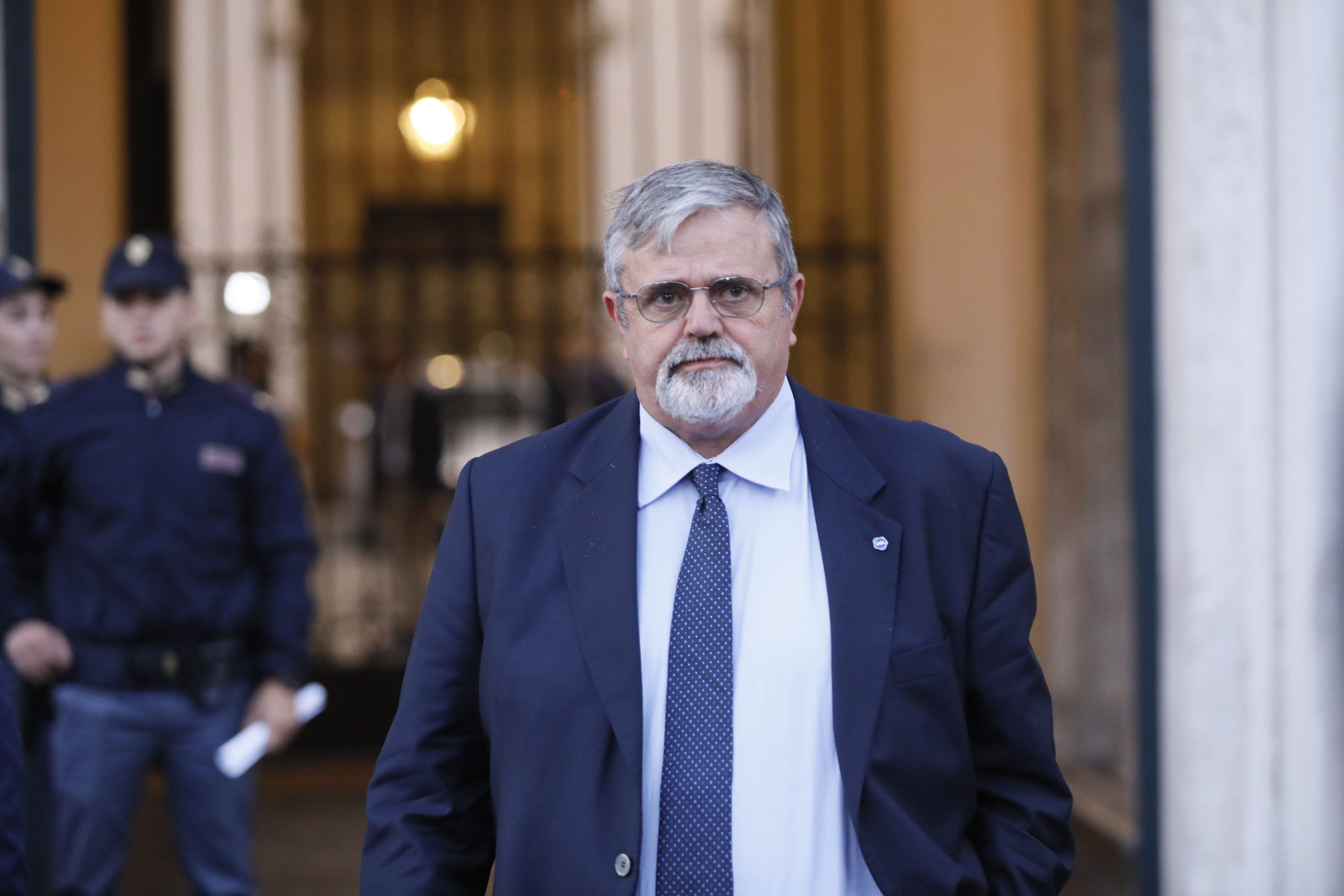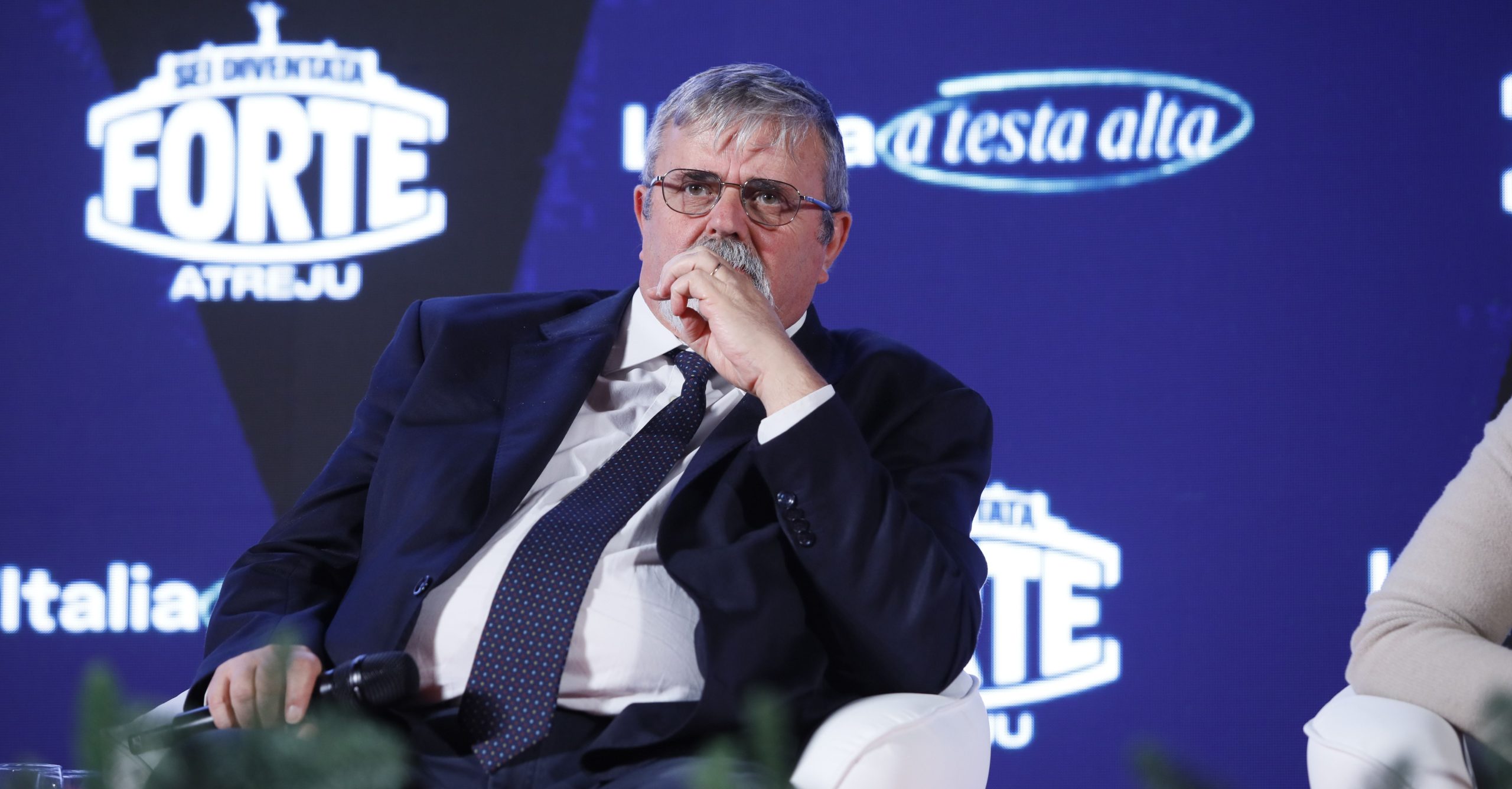IL CESE E LE SFIDE DELL’EDILIZIA EUROPEA
In un Convegno organizzato di recente dalla Sezione Trasporti, Energia ed Infrastrutture (TEN) del Comitato Economico e Sociale Europeo (CESE), in collaborazione con la Federazione europea dell’industria delle costruzioni (FIEC) e la Federazione europea dei lavoratori edili e del legno (FELEDL), si è discusso delle sfide che l’edilizia europea deve affrontare, nonché della necessità di intervenire per migliorare le competenze della forza lavoro, ridurre i costi di costruzione, rafforzare la protezione dei lavoratori e garantire una concorrenza leale. Sono queste, oggi, infatti, le principali criticità del settore edile nell’Unione Europea, contestualmente ad una crisi immobiliare senza precedenti, alla diffusa mancanza di manodopera, a norme da riformare sulle procedure degli appalti ed al ricorso al subappalto abusivo, problematiche tutte che ricadono negativamente sul settore. Aprendo i lavori il Presidente del Cese Olivier Röpke ha evidenziato la necessità di «fornire soluzioni efficaci all’attuale crisi abitativa in Europa e rendere gli alloggi accessibili a tutti gli Europei». Ma il compito non è facile perché l’ambito delle costruzioni nel Vecchio Continente sta registrando notevoli carenze di personale a causa dell’invecchiamento della forza lavoro, del calo di interesse per questo tipo di attività da parte delle giovani generazioni e della crescente complessità dei progetti. Tali mancanze si traducono poi in ritardi nella progettazione ed in costi più elevati, ma anche nel rischio di un abbassamento della qualità del lavoro. In aggiunta, l’incremento dei costi dei materiali e rigorosi requisiti normativi hanno aumentato il costo complessivo della costruzione di una nuova abitazione, soprattutto nelle aree urbane in cui i terreni sono scarsi e dispendiosi e dove le leggi urbanistiche spesso pongono dei limiti ai progetti ad alta densità abitativa, riducendo ulteriormente la disponibilità di alloggi a costi sostenibili. Al fine di affrontare questi problemi, per il Consigliere Luigi Ulgiati, «occorrono metodi di costruzione innovativi, incentivi governativi e norme semplificate. Inoltre, l’Unione Europea necessita di investimenti ingenti in alloggi sociali, a prezzi abbordabili. È fondamentale infine – ha concluso Ulgiati – migliorare le condizioni di lavoro, offrire salari competitivi ed investire in programmi di formazione, allo scopo di rendere il settore edilizio più gratificante, aumentandone anche la produttività».
UE: AL VIA LA PRESIDENZA DANESE DEL CONSIGLIO
Dal 1° Luglio fino al 31 Dicembre 2025 è la Danimarca a detenere la Presidenza di turno del Consiglio dell’Unione Europea, subentrando alla Polonia nella guida dell’istituzione comunitaria. ”Un’Europa forte in un mondo che cambia” è lo slogan scelto dal piccolo Paese che si affaccia sul Mar Baltico e sul Mare del Nord, attualmente guidato da un Governo di coalizione che fa riferimento alla Premier socialista Mette Frederiksen. Il programma si articola attorno ad una visione di un’Europa più potente, autonoma e competitiva, con particolare attenzione ai temi della transizione verde, della semplificazione normativa e della resilienza economica. Uno degli assi portanti della Presidenza danese sarà infatti la promozione di una transizione energetica verde che non comprometta la competitività delle imprese europee. Si lavorerà per garantire l’utilizzo di energia pulita a costi contenuti, potenziare le infrastrutture energetiche e semplificare il quadro normativo per facilitare gli investimenti. Nel campo sociale e del lavoro saranno promosse iniziative che mirano a rafforzare la qualità dei posti di lavoro, l’accesso alle competenze del futuro e la tutela dei lavoratori. In particolare, si segnala l’impegno per una Raccomandazione europea su tirocini di qualità, elemento rilevante per settori come l’accoglienza turistica e la ristorazione, spesso coinvolti in percorsi formativi e professionali giovanili. La Presidenza danese, inoltre, dedica ampio spazio alla gestione dell’immigrazione irregolare, alla lotta contro le reti criminali ed alla sicurezza urbana. Il contesto internazionale e la percezione di una crescente instabilità globale hanno contribuito poi a far emergere un importante segnale di discontinuità: la Danimarca ha abbandonato ufficialmente il “gruppo dei frugali”. Da storica sostenitrice del rigore e della prudenza fiscale, Copenaghen ha riconosciuto che la nuova fase geopolitica richiede investimenti comuni su energia, coesione, sicurezza e difesa. A proposito di quest’ultima, infine, da segnalare un’altra rottura con la tradizionale cautela danese in materia di difesa europea: l’abolizione della clausola di opting-out che ha posto fine a trent’anni di eccezione danese a riguardo. Una Presidenza del Consiglio della Ue, dunque, quella danese, che rappresenta una novità, non solo per la Danimarca, ma per l’intera architettura europea.
EN:
THE EESC AND THE CHALLENGES OF EUROPEAN CONSTRUCTION
At a conference recently organised by the Section for Transport, Energy and Infrastructure (TEN) of the European Economic and Social Committee (EESC), in cooperation with the European Construction Industry Federation (FIEC) and the European Federation of Building and Woodworkers (FELEDL), the challenges facing the European construction industry were discussed, as well as the need for action to improve the skills of the workforce, reduce construction costs, strengthen worker protection and ensure fair competition. These are, in fact, the main critical issues facing the construction sector in the European Union today, together with an unprecedented real estate crisis, widespread labour shortages, rules to be reformed on procurement procedures, and the use of abusive subcontracting, all of which have a negative impact on the sector. Opening the proceedings, EESC President Olivier Röpke highlighted the need to «provide effective solutions to the current housing crisis in Europe and make housing accessible to all Europeans». But the task is not easy because the construction sector on the Old Continent is experiencing significant staff shortages due to an ageing workforce, the declining interest in this type of activity on the part of the younger generation and the increasing complexity of projects. These shortcomings then result in design delays and higher costs, but also in the risk of a lower quality of work. In addition, rising material costs and stringent regulatory requirements have increased the overall cost of building a new home, especially in urban areas where land is scarce and expensive and where planning laws often place limits on high-density housing projects, further reducing the availability of affordable housing. In order to tackle these problems, for Councillor Luigi Ulgiati, «innovative construction methods, government incentives and simplified regulations are needed. In addition, the European Union needs huge investments in social, affordable housing. Finally – Ulgiati concluded – it is essential to improve working conditions, offer competitive wages and invest in training programmes, in order to make the construction sector more rewarding, and also increase its productivity».
EU: DENMARK PRESIDENCY OF THE COUNCIL TAKES OFF
From 1st of July until 31st of December 2025, Denmark will hold the rotating Presidency of the Council of the European Union, taking over the leadership of the EU institution from Poland. “A strong Europe in a changing world” is the slogan chosen by the small Country bordering the Baltic Sea and the North Sea, currently led by a coalition government headed by Socialist PM Mette Frederiksen. The programme is articulated around a vision of a more powerful, autonomous and competitive Europe, with a focus on the themes of green transition, regulatory simplification and economic resilience. Indeed, one of the main thrusts of the Danish Presidency will be the promotion of a green energy transition that does not undermine the competitiveness of European companies. Work will be done to ensure the use of clean and affordable energy, enhance energy infrastructure and simplify the regulatory framework to facilitate investments. In the social and labour field, initiatives will be promoted to strengthen the quality of jobs, access to the skills of the future and the protection of workers. In particular, there is a commitment to a European Recommendation on quality traineeships, a relevant element for sectors such as tourist accommodation and catering, which are often involved in training and career paths for young people. The Danish Presidency also devotes ample space to the management of irregular immigration, the fight against criminal networks and urban security. The international context and the perception of increasing global instability have also contributed to an important sign of discontinuity: Denmark has officially abandoned the “frugal group”. As a historical advocate of rigour and fiscal prudence, Copenhagen recognised that the new geopolitical phase requires common investments in energy, cohesion, security and defence. With regard to the latter, finally, another break with traditional Danish caution on European defence is worth mentioning: the abolition of the opting-out clause that put an end to thirty years of Danish exception in this regard. A Danish EU Council Presidency, therefore, that represents a novelty, not only for Denmark, but for the entire European architecture.
UGL NEWS dall'EUROPA n. 134 dell'11 Luglio 2025
EN - UGL NEWS from EUROPE n. 134 -11th of July 2025 -



